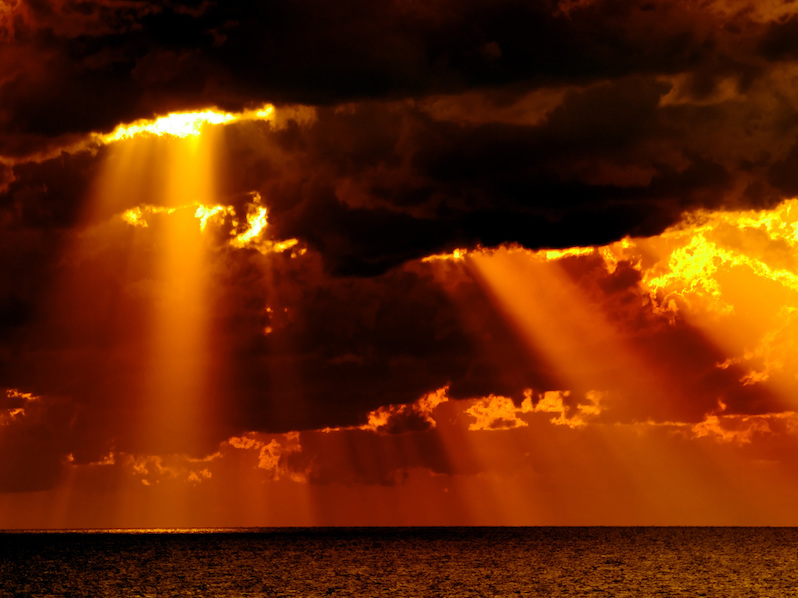2015 in Review: Amid the Gloom Covering Our Planet, Some Rays of Light
On the winter solstice, a Truthdig review of the year's environmental stories finds cause for hope in our poison-riddled world. Shutterstock
1
2
Shutterstock
1
2

Shutterstock
Independent journalism is under threat and overshadowed by heavily funded mainstream media.
You can help level the playing field. Become a member.
Your tax-deductible contribution keeps us digging beneath the headlines to give you thought-provoking, investigative reporting and analysis that unearths what's really happening- without compromise.
Give today to support our courageous, independent journalists.







You need to be a supporter to comment.
There are currently no responses to this article.
Be the first to respond.